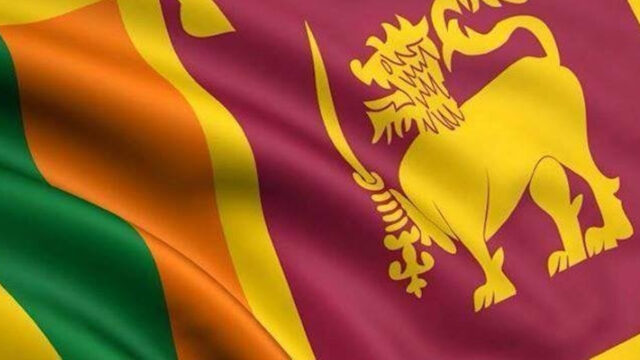The Health Minister of Sri Lanka, Keheliya Rambukwella announced that the lockdown in the country will be in place till 21st September 2021. The decision was taken after noticing a stability in the number of cases following the last lockdown. The aim is to open up once the number os positive cases come down considerably. After a meeting of the COVID 19 eradication committee, the ruling was finalised. The economic centres are to stay open and the vaccination drives are working in full momentum.
Amidst other issues, the food emergency is one of the issues of major concern for Sri Lanka. On 30th August, the Sri Lankan Parliament declared a national emergency. The reason behind the emergency was the hoarding of essentials by the “food mafia”. The Hindu reported that there was a big crisis due to the shortage of staple food items like rice, sugar, etc as well as medicines. Food sales were being done at the black markets to cover up for the scarcity. The State Minister of Money and Capital Market and State Enterprise Reforms Ajith Nivard Cabraal in an interview described the food shortage as one that was artificially created. He said that there was actually no food shortage of any kind. The Deccan Herald said that the Sri Lankan Government imposed price controls to check the situation. The use of emergency measures ensured that shortages were overcome soon.
Amongst the measures taken, the Sri Lankan Government insisted on the drive for vaccinating as many as possible. Sri Lanka has imported vaccine doses from Japan, China and other countries to make certain that the entire population could receive it. The vaccination programme has speeded up and has been one of the reasons for the number staying in control.
Sri Lanka has faced several challenges after the pandemic affected the world due to the big impact on the tourism industry. The economic situation worsened with the increase in the number of cases with the Delta variant. The hope is that the situation will improve and normalcy will be witnessed in the country soon.









